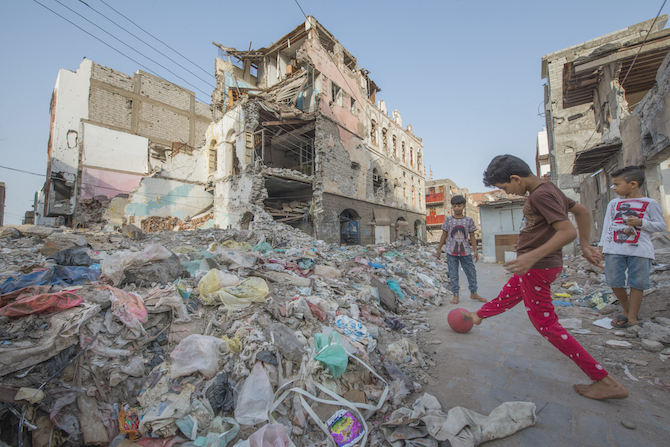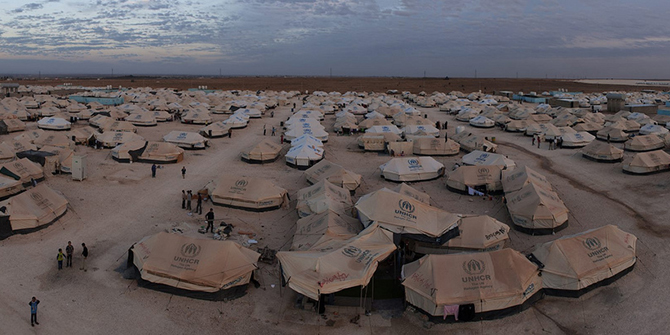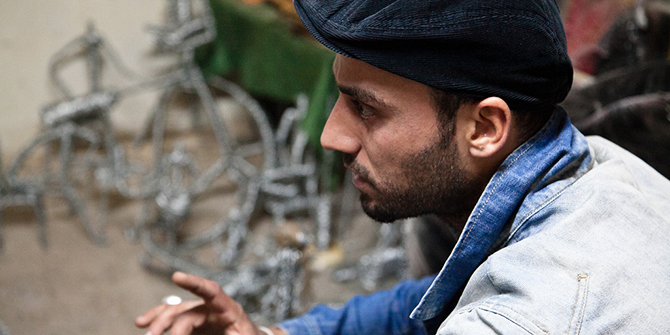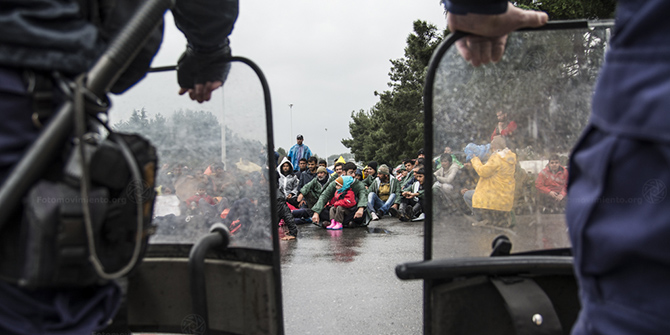by Cangul Altundas-Akcay

Owing to the COVID-19 pandemic, the external and regional actors of the civil wars in the Middle East have shifted their attention to their own countries for a period of time. These wars have been temporarily frozen, but we do not yet know how, in the post-pandemic era, the political situations will transpire. External actors maintain interests, and resultant policies, in the conflict-riddled countries, and it is unclear whether these countries will return to supporting internal parties to the conflicts once the situation stabilises.
Currently, external and regional actors in the civil wars are coping with their struggling economies and healthcare systems, which have been hit hard by the pandemic. Since the pandemic has also impacted the global energy system by notably causing a dramatic decrease in global oil prices and demand, oil producer countries – such as Russia and Saudi Arabia – have found their response hampered, with the crash in oil prices putting further pressure on their budgets, despite a mutual agreement to cut oil production. As such, these actors are preoccupied with their financial situations, and will need time to recover in the post-pandemic era.
The UN already called for an immediate global ceasefire on 3 April to ameliorate the pandemic’s impacts on international security and peace. Accordingly, UN Secretary-General António Guterres pointed out that mutual collaboration will be necessary to fight the pandemic, adding that the only focus of states should be COVID-19 instead of any prior conflicts. Following this appeal, several of the world’s most powerful countries, including France, China the US and the UK, agreed on the principal of a global ceasefire.
Before this call, on 5 March Russia and Turkey had already agreed to a ceasefire in Syria’s north-western Idlib province to stabilise the situation and avoid a major escalation. This deal halted the military momentum of the regime and its allies, at least temporarily. In Yemen, witnessing the world’s worst humanitarian crisis since 2015, the civil war between the Iran-backed Houthi rebels and the Saudi-backed Yemeni government has been temporarily halted following the UN’s call for a ceasefire, due to concerns over the spread of the disease.
However in Libya, despite the UN Support Mission’s 18 March call to help authorities organise their response to a potential outbreak of the epidemic and commitments to this by both sides, fighting between the Government of National Accord (GNA) – backed by Turkey, Qatar and allied Syrian fighters – and the Libyan National Army (LNA) of eastern-based commander Khalifa Haftar – supported militarily by Saudi Arabia, the UAE, Egypt and Russia – remains sporadic.
Taking into account all of this, it seems likely that conflicts will restart in a post-coronavirus future, but from today’s vantage point it is obvious that the pandemic represents an additional challenge for almost all countries, which will bring with it economic, social and political sea changes. Given the need to focus on their own troubles, any desire to continue support for the warring parties in these civil wars, the contracting global economy may put a stop to this. Many external powers will have difficulty in financially and militarily supporting their partners in foreign conflicts. With respect to this, the Trump administration already decided to withdraw the US military from Syria last year, while the EU has had no consistent and comprehensive strategy for the conflicts so far. Russia and Turkey remain active, yet their fragile economies look set to oblige them to decrease their participation in the conflicts in the post-pandemic era. Iran and Saudi Arabia are also tackling the virus’s catastrophic impacts. In particular, Iran, the centre of the coronavirus outbreak in the Middle East, faces possible economic collapse resulting from both sanctions and the current crisis. As such, their involvement in proxy wars will necessarily be less extensive.
Moreover, citizens of the state-parties to these the conflicts will demand their leaders switch their attention to their own countries. Some of these countries, including the US, have elections upcoming. In all likelihood these states will be forced to reconsider their presence overseas and suspend any cumbersome foreign military operations.
The pandemic has crystallised the need for more international cooperation and unity. Most countries are collaborating to palliate the effects of COVID-19 by sending medical aid to areas more in need. External parties to ongoing conflicts are thus aware that the civilians in the area are in more urgent need of humanitarian aid than before, and are demanding recalcitrant combatants put aside their interests and greed. Accordingly, all sides of the conflicts will need to implement immediate ceasefires if they want to prove that they are fighting on behalf of the respective peoples. This may be optimistic, but any continuation of the conflicts in the foreseeable future will prove disastrous for the warring parties and their state partners. In the long term, a collapsing global economy will most probably open the door for further instability in the Middle East. In this regard, the region’s civil wars in the Middle East may prove to be quagmires for foreign actors if they do not take precautions in time.






